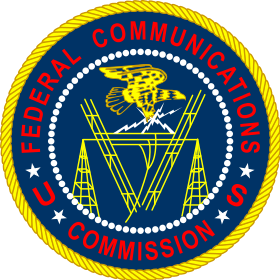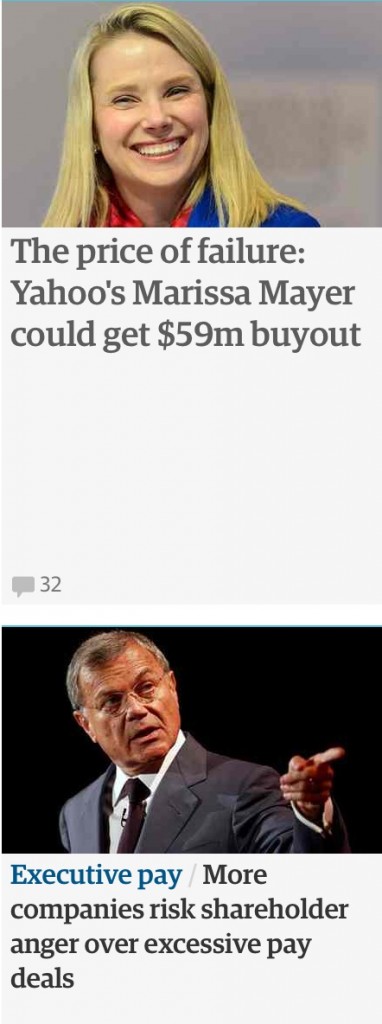 Chairman of the US Federal Communications Commission (FCC) was once beholden to the pseudo-monopolies that are cable and wireless providers. Now, he seems to be fighting to keep the internet fair, neutral and open — for consumers. Hard to believe. But, let’s face it, if Comcast and other telecoms behemoths are against Wheeler’s proposal then it must be good for consumer.
Chairman of the US Federal Communications Commission (FCC) was once beholden to the pseudo-monopolies that are cable and wireless providers. Now, he seems to be fighting to keep the internet fair, neutral and open — for consumers. Hard to believe. But, let’s face it, if Comcast and other telecoms behemoths are against Wheeler’s proposal then it must be good for consumer.
From Wired:
After more than a decade of debate and a record-setting proceeding that attracted nearly 4 million public comments, the time to settle the Net Neutrality question has arrived. This week, I will circulate to the members of the Federal Communications Commission (FCC) proposed new rules to preserve the internet as an open platform for innovation and free expression. This proposal is rooted in long-standing regulatory principles, marketplace experience, and public input received over the last several months.
Broadband network operators have an understandable motivation to manage their network to maximize their business interests. But their actions may not always be optimal for network users. The Congress gave the FCC broad authority to update its rules to reflect changes in technology and marketplace behavior in a way that protects consumers. Over the years, the Commission has used this authority to the public’s great benefit.
The internet wouldn’t have emerged as it did, for instance, if the FCC hadn’t mandated open access for network equipment in the late 1960s. Before then, AT&T prohibited anyone from attaching non-AT&T equipment to the network. The modems that enabled the internet were usable only because the FCC required the network to be open.
Companies such as AOL were able to grow in the early days of home computing because these modems gave them access to the open telephone network.
I personally learned the importance of open networks the hard way. In the mid-1980s I was president of a startup, NABU: The Home Computer Network. My company was using new technology to deliver high-speed data to home computers over cable television lines. Across town Steve Case was starting what became AOL. NABU was delivering service at the then-blazing speed of 1.5 megabits per second—hundreds of times faster than Case’s company. “We used to worry about you a lot,” Case told me years later.
But NABU went broke while AOL became very successful. Why that is highlights the fundamental problem with allowing networks to act as gatekeepers.
While delivering better service, NABU had to depend on cable television operators granting access to their systems. Steve Case was not only a brilliant entrepreneur, but he also had access to an unlimited number of customers nationwide who only had to attach a modem to their phone line to receive his service. The phone network was open whereas the cable networks were closed. End of story.
The phone network’s openness did not happen by accident, but by FCC rule. How we precisely deliver that kind of openness for America’s broadband networks has been the subject of a debate over the last several months.
Originally, I believed that the FCC could assure internet openness through a determination of “commercial reasonableness” under Section 706 of the Telecommunications Act of 1996. While a recent court decision seemed to draw a roadmap for using this approach, I became concerned that this relatively new concept might, down the road, be interpreted to mean what is reasonable for commercial interests, not consumers.
That is why I am proposing that the FCC use its Title II authority to implement and enforce open internet protections.
Using this authority, I am submitting to my colleagues the strongest open internet protections ever proposed by the FCC. These enforceable, bright-line rules will ban paid prioritization, and the blocking and throttling of lawful content and services. I propose to fully apply—for the first time ever—those bright-line rules to mobile broadband. My proposal assures the rights of internet users to go where they want, when they want, and the rights of innovators to introduce new products without asking anyone’s permission.
All of this can be accomplished while encouraging investment in broadband networks. To preserve incentives for broadband operators to invest in their networks, my proposal will modernize Title II, tailoring it for the 21st century, in order to provide returns necessary to construct competitive networks. For example, there will be no rate regulation, no tariffs, no last-mile unbundling. Over the last 21 years, the wireless industry has invested almost $300 billion under similar rules, proving that modernized Title II regulation can encourage investment and competition.
Congress wisely gave the FCC the power to update its rules to keep pace with innovation. Under that authority my proposal includes a general conduct rule that can be used to stop new and novel threats to the internet. This means the action we take will be strong enough and flexible enough not only to deal with the realities of today, but also to establish ground rules for the as yet unimagined.
The internet must be fast, fair and open. That is the message I’ve heard from consumers and innovators across this nation. That is the principle that has enabled the internet to become an unprecedented platform for innovation and human expression. And that is the lesson I learned heading a tech startup at the dawn of the internet age. The proposal I present to the commission will ensure the internet remains open, now and in the future, for all Americans.
Read the entire article here.
Image: Official US FCC government seal.

 Today’s PhotoMash is a stark reminder that many corporate CEOs live by different rules, which they tend to conjure up themselves.
Today’s PhotoMash is a stark reminder that many corporate CEOs live by different rules, which they tend to conjure up themselves. OK, so I am thoroughly addicted to yogurt (or yoghurt, for my non-US readers). My favorite is the greek yogurt Fage, followed by an Aussie concoction called Noosa.
OK, so I am thoroughly addicted to yogurt (or yoghurt, for my non-US readers). My favorite is the greek yogurt Fage, followed by an Aussie concoction called Noosa. 